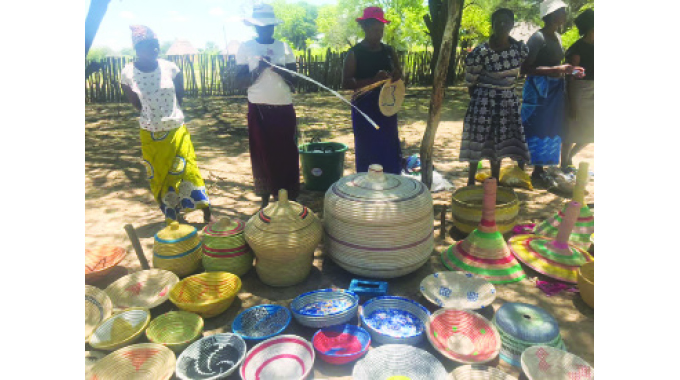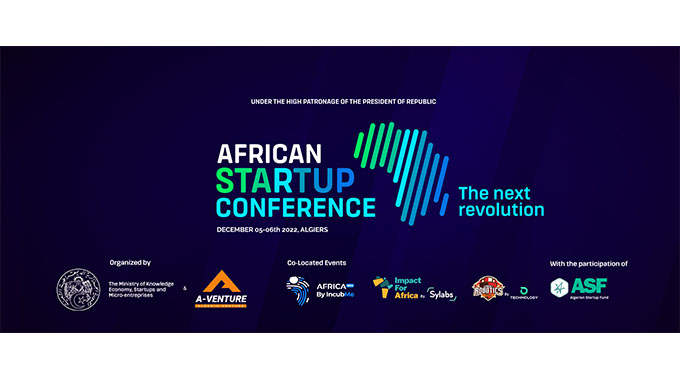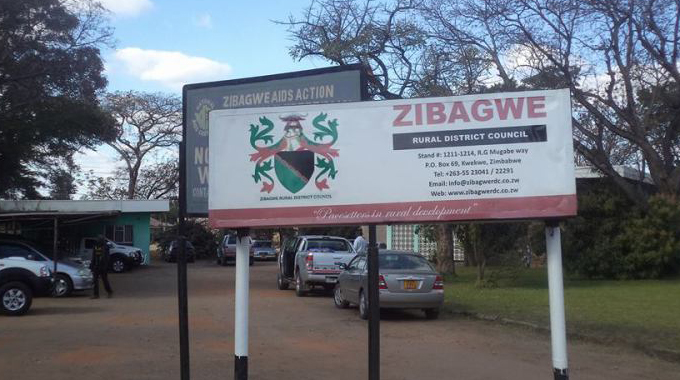Rural SMEs seek college certification, partnerships

Sikhulekelani Moyo, Business Reporter
RURAL small to medium enterprises are eager to partner local universities and colleges on skills refinement and obtaining quality certification, which is critical in enhancing attractiveness to local and international buyers.
Such partnerships normally take place under the Skills Through Alternative Routes (STARs), which refers to productive adults in the industry who do not have academic qualifications but possess practical experience and skills that position them for transition to higher-wage occupations.
First identified in a 2020 research paper in the National Bureau of Economic Research (NBER), STARs made up approximately 70 million workers in United States economy as of 2021.
In an interview on Friday, Lupane Women Development Trust (LWDT) director, Mrs Hildegard Mufukare, said in other countries STARs is well recognised and people get employed using their skills without any degree.
“If we say weavers are illiterate, it’s not true because they have a skill. So, we are saying universities should start looking at certification for people with STARs because they have knowledge,” she said.
“Weavers know the Math because you look at their designs, they do triangles with two sides equal and a base, and it’s a mathematical principle, which they never learnt at school but they are putting it into practice without any use of rulers or any equipment. Then what else do you want to certify them?”
Mrs Mufukare said some people who have learnt about equilateral triangles and have formulas to do calculation, but do not know how to put it into practice.
She said certification will help motivate youths to get involved in arts and crafts as they will be knowing that they can be used to train other people, and skills can be acknowledged and evaluated and given a cost.
“It’s different from picking people in the streets and persuade them join us knowing that they can be paid less but by giving them certificated value to the skills that they have will motivate them,” said Mrs Mufukare.
LWDT formally known as Lupane Women Centre is a training, information and marketing place for the women who are involved in the various weaving and related projects.

The centre has a membership of more than 4 500 people who are into weaving, cropping and small livestock keeping.
Of the total members, more than 420 are successful weavers who supply both domestic and international markets. The trust is part of the Matabeleland North export cluster, which has been established by ZimTrade in a bid to grow exports from provincial level.
Mrs Mufukare said the involvement of universities will help to bring in sustainable ways of production through research and use of technology.
She said their customers are now demanding different colours of baskets yet the material they use for weaving is difficult do dye hence she said more natural ways of producing colours are needed.
“Esparto (Ilala) will dye in brown and black only using dark mud and bark of local trees (umnyi). We want to move on to other colours and this is our cry for involvement of universities.

ZimTrade Matabeleland North export cluster group members who are also into the basket making industry
“They need to sit down now and do practical research on how can we find out, which trees can be used to produce different colours in a sustainable way,” said Mrs Mufukare.
“We once worked with National University of Science and Technology (Nust) and they found out that there is a part of a millet crop, which produces a purplish colour, but that is seasonal. Now we want them to find a way to store that colour for at least a year.”
She also said universities need to come in and help in terms of financial literacy and business management so as to promote growth for women-led enterprises. — @SikhulekelaniM1








Comments